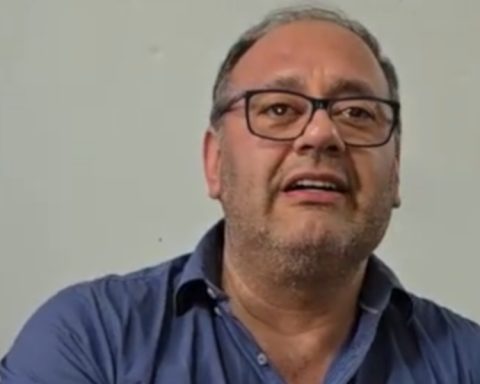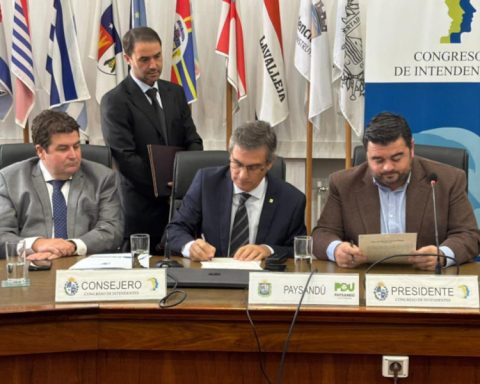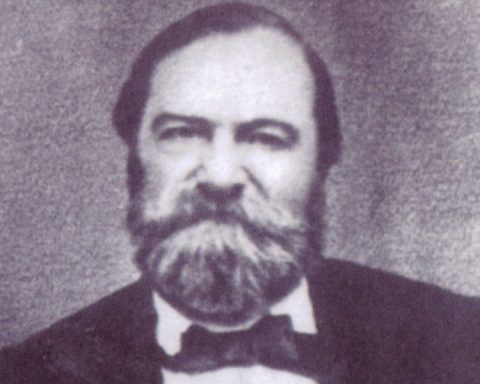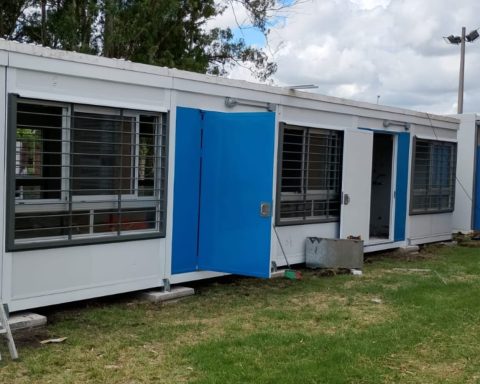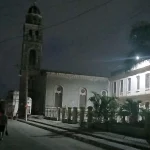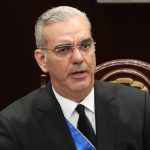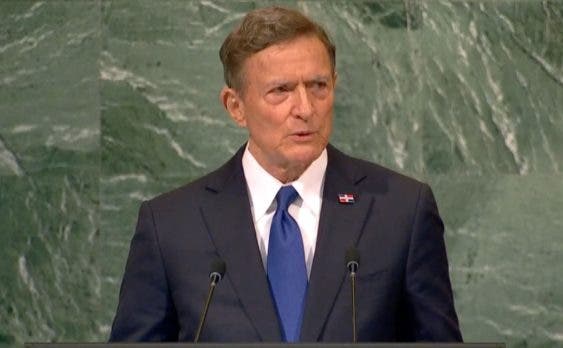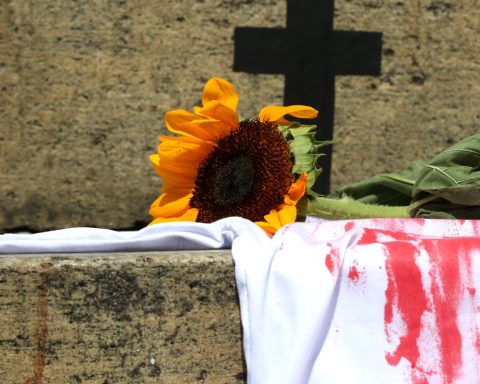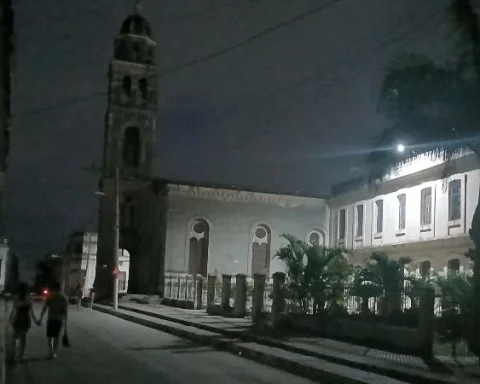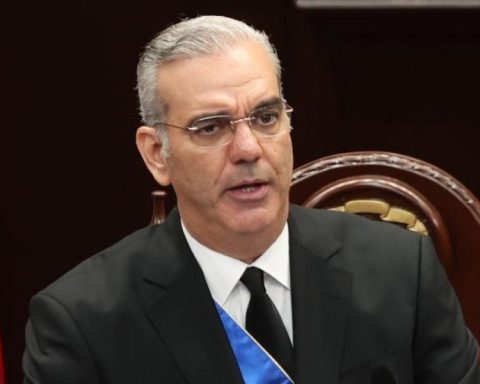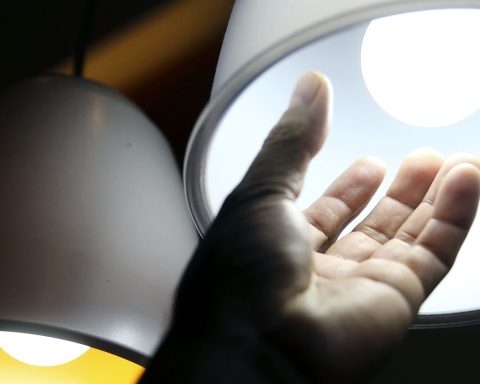The Special Commission on Human Rights, Equity and Gender resumed last week the discussion on a bill that seeks to enshrine “parity” in public elective positions. It seeks to guarantee, in general terms, that men and women can have equal access to these positions through the formation of lists. In this context, the president of the commission, Silvia Nane (FA) posed a question: why the project —and the terminology in general in similar cases— speaks of “sex” and not “gender”.
The discussion served the legislator to address other issues. Within the framework of this Tuesday’s session, Nane appealed to a decision, last year, of the argentinian government to enable the issuance of identity documents for non-binary people. A measure that also took Chile In the past week.
“I know that many times the regulations are reactive” admitted the senator in reference to how political management generally works in Uruguay. Nane spoke there of the “anticipatory governance”a term that refers to a series of strategies that allow governments to build capacities, in early stages, to make decisions.
In the case of the senator, her proposal is to “look ahead” and “mainstream” a series of bills that focus on the scenarios that, she said, are coming and that will be a reality in the near future. “Otherwise, I understand that the debate always falls short, since we are based on what comes from behind”, warned.
In this framework and consulted by The Observer, the senator indicated her will to, in the short term, present an initiative that allows “proposing the debate” so that a law of this type is materialized and that the country eventually enables non-binary identity as an option in public documents.
In Uruguay there are no official statistics or studies that indicate how many are defined as non-binary. In general terms, it is described as all those who do not feel identified with the masculine or feminine gender and who build their identity outside of a binary logic in which biological sex coincides with gender identity.
In this regard, the Municipality of Montevideo processes the data of a public survey closed at the end of August, carried out with the aim of achieving an approximation of the non-binary population living in the capital. According to the commune, the information obtained will provide inputs for the articulation and design of public policies that improve their quality of life. Among the topics included in the survey are gender identity and expression, the use of pronouns, employment status and education, place of residence, access to health services and public spaces, as well as possible cases of discrimination.
The coordinator of the Department’s Diversity Secretariat, Sergio Miranda, told The Observer that about 800 people participated in that survey. A figure that surprised those responsible for the study, who expect to have a “first cut” with the results in mid-December.
The new National Census that is expected to be carried out in 2023 will, on the other hand, recognize non-binary gender identity as a valid option for those consulted, as announced last year by the Ministry of Social Development.
Don’t die in the archive
To make these and other projects viable, Nane proposed last week that the Commission on Human Rights, Equity and Gender, which she chairs start working permanently. The senator also ratified that she will resubmit a bill -which has been in Parliament since 2009- to collect successive observations that the United Nations made about Uruguay and raise the age of marriage to 18 years.
Nane mentioned another project, presented by the Broad Front, which poses typify the crime of torture. The intention of giving the commission a permanent character is to avoid what is happening today with this type of initiative, which “they will die to the archive”.
His proposal received the support of his colleagues. Hoping to avoid the “death” of certain projects, Senator Sandra Lazo (FA) asked for the discussion of a proposal prepared by the Women’s Bicameral Caucus that seeks establish a minimum quota of 50% for women and dissidence in the grid of artistic shows sponsored by the State.
Gloria Rodríguez (PN) agreed on the need to prioritize the commission and give it its real value. “We are talking about human rights,” she said. “Work, housing and food are human rights, and they cannot be dealt with in a special commission.” The same position was shown by Carmen Sanguinetti (PC): “I think the proposal is a bit late, but better late than never,” said.
